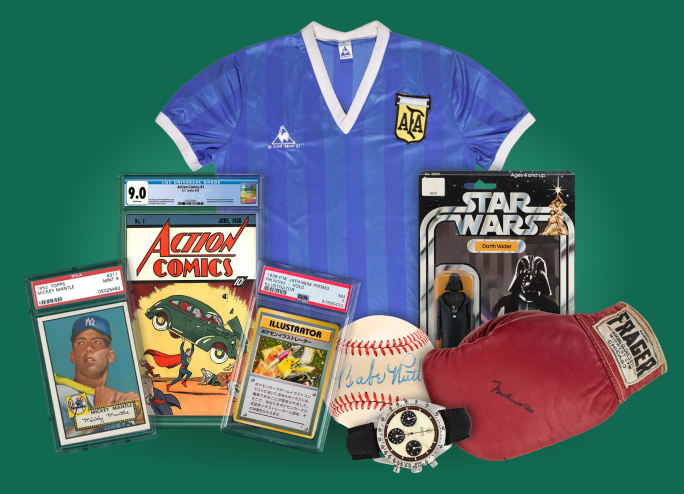Published December 05, 2025 | By Alyx E, Founder of Collectors MD
The hobby has always evolved quickly, but every so often a shift comes along that isn’t just a new product or a new feature—it’s a new behavioral doorway. Fanatics Markets is one of those doorways. A standalone “prediction market” app that looks, feels, and functions like gambling, while being very carefully branded as something else entirely. This isn’t accidental; it’s strategic. And for collectors—especially those who already feel the pull of speculation—this distinction matters less than the impact.
Prediction markets thrive on the same psychological levers that drive overspending in the hobby: real-time outcomes, variable rewards, social sentiment, and the constant illusion of control. Just like breaks, razzes, and chase products, they blur the line between entertainment and wagering by presenting risk as participation and volatility as opportunity. The language changes—”trading”, not “betting”—but the experience doesn’t. It’s still an adrenaline loop dressed in financial vocab.
Fanatics knows exactly who its core customer base is: people who already engage emotionally with uncertainty, who already track odds and outcomes, who already feel comfortable wagering on variables wrapped in fandom. This is why these rollouts plug directly into your existing Fanatics account, your wallet, your login, and your behavioral history. The ecosystem grows—and with it, the temptation grows too. Convenience is not the same as safety, but it’s often marketed that way.
Fanatics Markets isn’t an outlier—it’s another spoke in the Fanatics machine, a seamless extension of an ecosystem built to keep every customer engaged, spending, and wagering across multiple touchpoints. It’s not just another app; it’s another on-ramp into risk.
We can admire innovation while still acknowledging risk. We can understand why companies build these systems while still choosing not to be swallowed by them. Just because a platform promises “control”, “limits”, or “consumer protection” doesn’t mean it’s built to prioritize your wellbeing. It’s built to keep you engaged. And as we’ve learned—sometimes painfully—engagement without intention becomes compulsion in disguise.
So this is your reminder: approach new platforms with caution. Understand the mechanics. Know the risks. Don’t get swept into the chase culture they so deeply rely on. These systems are designed to monetize attention, emotion, and urgency. Your job is to slow the moment down, remember your boundaries, and protect both your wallet and your mental health.
What looks like an opportunity to “trade” can quickly become an opportunity to spiral. What feels like participation can quietly morph into pressure. And what’s framed as “fun” can become a financial and emotional burden when no one is watching. These moments are where intention matters most.
You are not powerless in the face of innovation. You are allowed to step back, ask questions, opt out, or move slowly. Just because something is new doesn’t mean it’s healthy. And just because it’s marketed as “not gambling” doesn’t change the psychological experience for those vulnerable to the pull.
#CollectorsMD
When the language gets softer but the risks stay the same, your awareness becomes your first line of defense.
—
Follow us on Instagram: @collectorsmd
Subscribe to our Newsletter & Support Group
Join The Conversation On Mantel
Read More Daily Reflections
